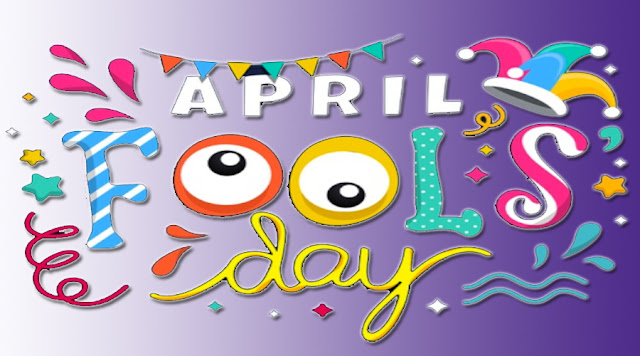April Fools' Day Origins and European Celebrations: Unveiling the Tradition
Welcome to April Fools' Day, a global spectacle of tomfoolery where pranksters reign supreme and gullibility is put to the test. As we gear up for another round of playful deception, let's delve into the origins of this whimsical tradition and explore how our European counterparts celebrate this festival of folly.
April Fools' Day, also known as All Fools' Day, is an annual event celebrated by many countries on the first of April. It's a day synonymous with practical jokes, pranks, and hoaxes, where individuals gleefully attempt to deceive their unsuspecting peers. But where did this mischievous tradition originate?
The exact origins of April Fools' Day remain shrouded in mystery, with various theories circulating among historians. One popular belief traces its roots to medieval France, where 1 April marked the conclusion of New Year festivities before the adoption of the Gregorian calendar. Those who failed to update their calendars and continued to celebrate on this date were mockingly dubbed "April Fools."
Others link the tradition to ancient spring festivals, such as the Feast of Fools and Hilaria, where revelers indulged in merry-making and mockery. Regardless of its precise beginnings, April Fools' Day has evolved into a global phenomenon celebrated with gusto each year.
In Europe, April Fools' Day is observed with a myriad of unique customs and playful antics. Let's take a tour of how different countries on the continent embrace the spirit of lighthearted mischief:
1. France, Belgium, Italy, and Switzerland:
In these countries, the tradition involves surreptitiously affixing a paper fish to unsuspecting individuals' backs and exclaiming "Poisson d'Avril" or "Pesce d'Aprile" (April fish!). The significance of the fish remains a subject of speculation, but it adds a whimsical touch to the day's festivities.
2. England:
Across the Channel, April Fools' Day is a half-day affair, with pranks permitted only until noon. Tradition dictates that after midday, pranksters must confess their mischief, lest they risk being crowned the official April fool. It's a tradition that blends playful antics with a sense of fair play.
3. Scotland:
In Scotland, the revelry extends over two days, known as Gowkie Day and Tailie Day. Pranks abound as people engage in playful trickery, paying homage to the tradition's rich history.
4. Ireland:
Irish tradition involves sending unsuspecting individuals on a "fool's errand," perpetuating a humorous cycle of deception and laughter.
5. Netherlands:
Meanwhile, the Dutch take a more unconventional approach, catapulting herring in the direction of their neighbors while exclaiming "haringgek" (herring fool). It's a quirky twist on the April Fools' Day festivities, showcasing the nation's penchant for whimsy.
As we embrace the spirit of April Fools' Day, let's revel in the joy of harmless pranks and playful deception, remembering that laughter knows no bounds when shared among friends and loved ones.

